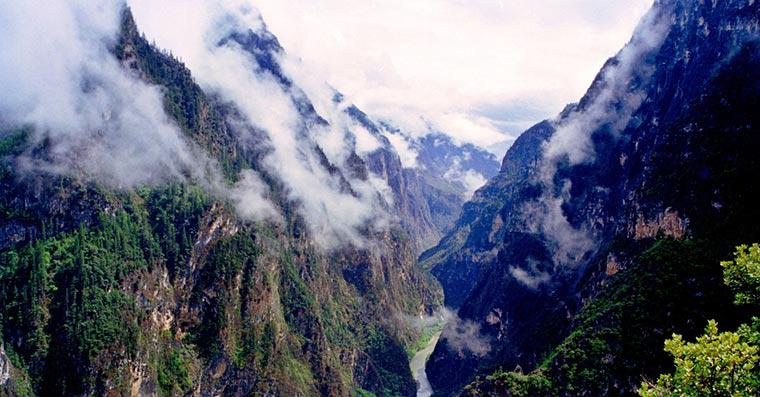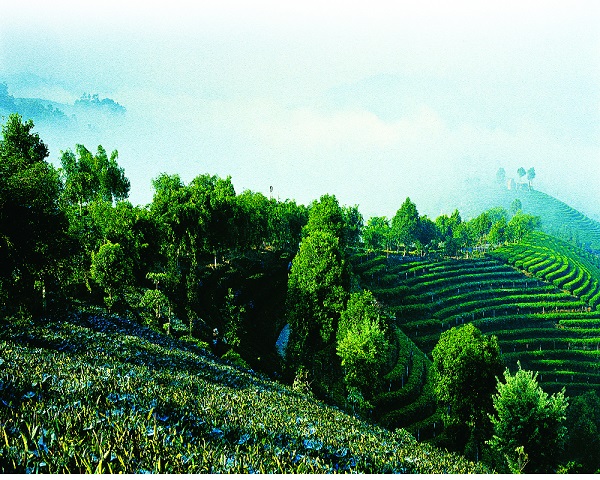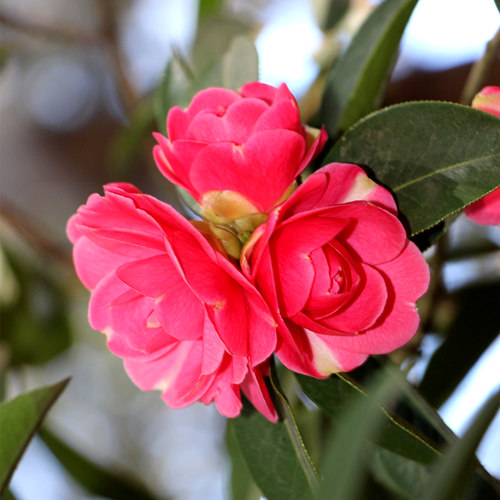
Detailed Introduction to Luchun County of Honghe Prefecture
Overview
Lüchun County (绿春县) is located in the southernmost part of Honghe Prefecture, Yunnan Province, and borders Vietnam to the south. It is one of the core areas of Hani cultural heritage and is famed for its lush mountains, steep rice terraces, and biocultural diversity. As part of the UNESCO-designated Honghe Hani Rice Terraces World Heritage Site, Lüchun offers a lesser-known but equally rich experience compared to more commercial destinations like Yuanyang.
Geography and Climate
Total Area: Approx. 3,100 km²
Location:
South of Honghe Prefecture
Borders Jinping County to the east and Yuanyang County to the west
Shares a border with Lào Cai Province, Vietnam
Topography:
Highly mountainous, with altitudes ranging from 400 meters to over 2,800 meters
Crisscrossed by rivers such as the Lvchun River, with steep gorges and deep valleys
Climate:
Subtropical monsoon climate with high humidity
Annual average temperature: ~18°C
Annual rainfall: ~1,400–1,800 mm
Abundant sunshine and cloud-covered hills contribute to a unique climatic layering, ideal for diverse agriculture
Population and Ethnic Groups
Population: ~230,000
Ethnic Composition:
Hani – dominant group and original developers of the terraced farming system
Yi, Yao, Dai, Miao, and Han communities
Over 85% of the population are ethnic minorities, and the area is known for ethnolinguistic diversity and cultural integration
Key Attractions and Cultural Heritage
�� Hani Rice Terraces (哈尼梯田)
Stretch across towns like Daheishan, Pinghe, and Niukong
Although less publicized than Yuanyang, Lüchun’s terraces are equally spectacular and less touristy
The terraces are intricately carved into steep mountainsides and accompanied by ancient irrigation systems and forest-village-water-terrace ecosystems
��️ Traditional Hani Villages
Villages such as Niukong, Daheishan, and Yongping still preserve:
Mushroom-shaped earthen houses
Communal granaries and water-sharing customs
Terrace management traditions passed down orally
These communities are living examples of the Hani worldview that respects nature, ancestors, and harmony
�� Hani Festivals and Folk Culture
Angmatu (昂玛吐) – Hani New Year, with dance, singing, buffalo fighting, and feasts
Kuzhazha Festival – Mountain worship and harvest thanksgiving
Folk music is an essential part of life, featuring multi-part harmony, bamboo instruments, and ritual chants
Natural Resources and Ecology
Lüchun is one of Yunnan’s most ecologically intact counties, home to:
Lush evergreen forests covering ~70% of the county
High biodiversity:
Endemic orchids, medicinal herbs, and over 300 bird species
Natural habitats for clouded leopards, civets, and rare primates
Agricultural biodiversity:
Rice varieties, ancient tea trees, sugarcane, tropical fruits, and wild vegetables
Several areas have been designated as provincial nature reserves and eco-cultural protection zones.
Economy and Rural Development
Agriculture is the backbone:
Terraced rice and tea farming (especially organic ancient tree tea)
Fruit farming (banana, passionfruit, citrus) and understory cultivation (mushrooms, herbs)
Traditional Handicrafts:
Hani embroidery, basket weaving, bamboo hats, and silver ornaments
Sustainable Tourism:
Lüchun is developing low-impact, high-value eco-tourism
Small-scale homestays and ethnic tours promote direct community income
E-commerce and branding are helping villagers sell specialty products such as “Hani Red Rice” and wild tea
Infrastructure and Transportation
Remote but improving:
County seat: Daxing Town (大兴镇)
New rural highways and village roads are under development
Currently no airport or high-speed rail; access via:
Yuanyang (4–5 hrs by road)
Jianshui or Mengzi for rail/bus connections
Cross-border development with Vietnam is under long-term planning for trade and cultural exchange
Administrative Divisions
One county seat (Daxing) and over 10 towns and ethnic townships
Villages are often managed with local customary laws and ethnic self-governance, especially among Hani communities
Many settlements are designated for heritage protection and cultural tourism pilot programs
Position



